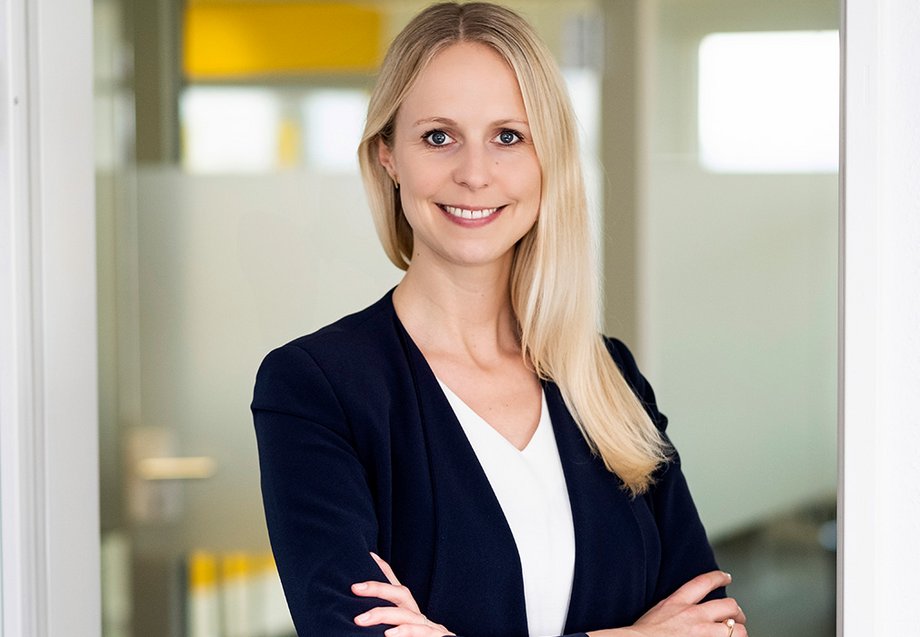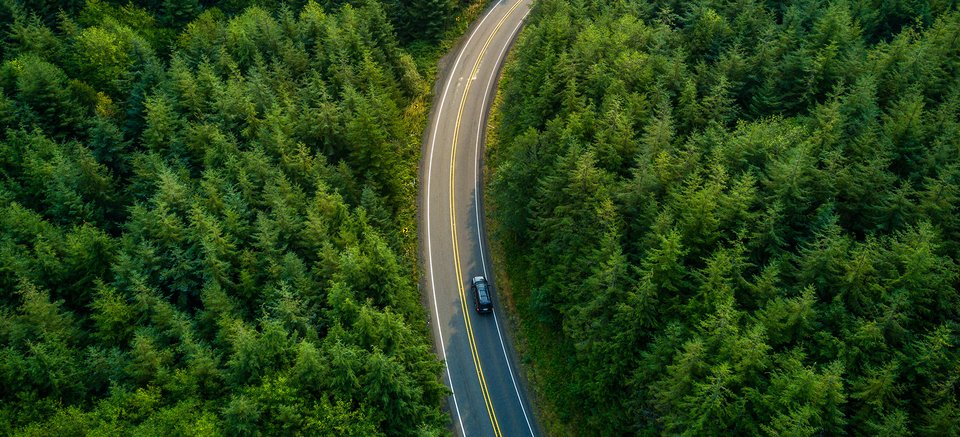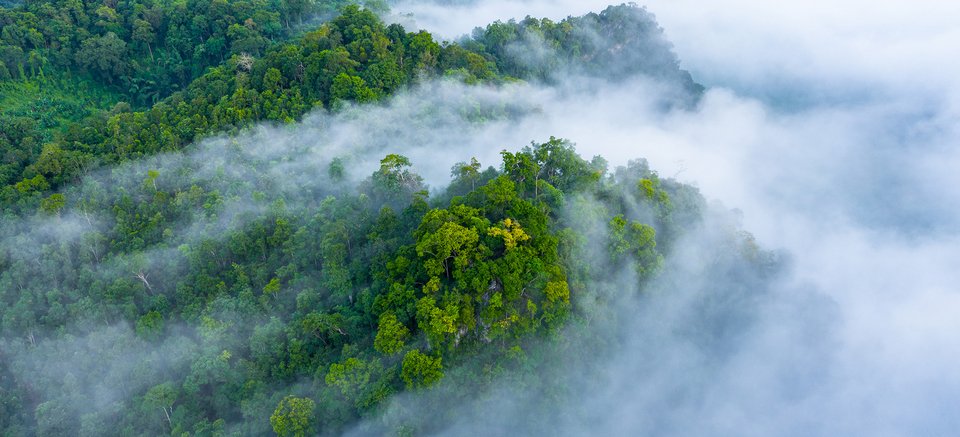
There are many climate labels and calculation standards for Sustainability - including in the travel industry - but so far there has been no standardised one. The newly founded KlimaLink association now wants to change this. Laura Steden, Head of Sustainability at founding member DER Travel and Tourism, explains how and why.
The starting signal was given a year ago: Futouris e.V., the industry initiative for Sustainability, and DER Travel and Tourism launched a feasibility study to create aCO2 e-cadastre for travel. The aim: a standardised basis for calculating a climate footprint for travel for the entire tourism industry. This should enable guests to obtain transparent information about the climate impact of the various travel offers.
Now, one year and around 140 expert discussions later, the team has taken a significant step forward: a first version of the common basis for calculating travel emissions has been developed. The project members have now founded the KlimaLink association. An important sign, Laura Steden is pleased to say. In this interview, the Head of Corporate Responsibility at founding member DER Travel and Tourism Group explains the next steps.
 Laura Steden
Laura Steden
one: Mrs Steden, after a year of project work, you have founded the KlimaLink association together with the German Travel Association DRV, FTI and other industry giants. Why this step?
Laura Steden: It's definitely a big bang. We have ended the project character, institutionalised the whole thing and turned it into a business: Now it's getting serious! In addition to DER Travel and Tourism, not only important providers such as FTI and Chamäleon Reisen have joined, but also travel associations from Germany, Austria and Switzerland. The DRV is also joining the Management Board - as is DER Travel and Tourism. This is a signalling effect that now takes the project to a whole new level.
one: It took a year to prepare the preliminary analysis for a standardised basis for calculating a climate footprint for travel. What happened during this time?
Laura Steden: Firstly, we looked at what tools already exist in the tourism industry to measureCO2 e-data . That was quite a feat. Because there is a lot of different data, but only on individual components of the trip, such as the journey. And there is no standardised data. But you need this for a comparable result.
Over 140 discussions were held during the project year - including with various data providers and associations to bring the industry together. And, of course, it is also important not to lose people along the way when dealing with such industry issues.
We are now in the final stages: We have agreed on an initial draft standard for the various, important components of the journey, and have also written the whole thing down.

one: What happens next?
Laura Steden: The next big act will be to transfer all of this into an IT landscape. That makes it even more exciting. We need a standardised IT infrastructure to feed in and manage the data and pass it on to all players so that they, including us at DER Travel and Tourism, for example, can take the emissions data into account for our trips.
one: Does this mean that only members of the association can access the emissions data?
Laura Steden: No, the data is made available to all interested parties. There are a lot of small and medium-sized providers in the travel industry. It is not possible for them to implement something like this themselves. That's why we're taking this industry approach, so that we can also make it available to smaller tourism providers, so that hopefully there will be good coverage in the industry afterwards.
one: Will there also be comprehensive labelling? A kind of Nutri-Score for travelling?
Laura Steden: Yes, that's our plan. It doesn't help if the label looks different for us than for other tour operators. However, as long as the data is available in advance, we want to make theCO2 e values transparent in an interim solution by adding them to the travel offers.
one: Will DER Travel and Tourism then make specific recommendations for more sustainable travel in future?
Laura Steden: We see ourselves as a full-service provider, even when travelling. We offer assistance if you want to make smarter decisions when it comes to climate protection, but we don't make decisions for the guest.
one: What does that mean in concrete terms?
Laura Steden: Our overarching goal is to have a more climate-friendly travel offering and to make our travellers more aware of the climate impact of their trip. To make this possible, we need to make it measurable and transparent. A standardised label will be very helpful here. In addition, we are training our colleagues in our travel agencies on this topic so that they can advise customers. Also in the meantime, until there is a standardised label.
one: When will there be a standardised label for travel?
Laura Steden: It's still too early to say. However, we expect to be able to provide the IT platform for the data by 2024 and are also announcing the joint labelling for 2024.

About KlimaLink
The KlimaLink association emerged from the industry project "Climate-conscious travel", in which an initial version of the common basis for calculating travel emissions was developed. In addition to Futouris, the founding members of KlimaLink are the most important travel associations in the DACH region - Deutscher Reiseverband (DRV), Österreichischer ReiseVerband (ÖRV) and Schweizer Reise-Verband (SRV), the Verband Internet Reisevertrieb (VIR) and the travel companies AERTicket, AER Kooperation, Amadeus, Chamäleon, DER Travel and Tourism, FTI Group, Gebeco, Hotelplan Group, Lufthansa City Center, midoco, Olimar Reisen, QTA, Studiosus, TourCert and TFC Airlebnis. The climate protection organisations atmosfair and myclimate are also founding members of KlimaLink and support the initiative with their professional expertise.
Sustainable development in the tourism industry
Tourism was a topic that received little attention in federal politics until the global coronavirus pandemic made travelling impossible in some areas, shaking the entire industry to its foundations.
However, now that the pandemic restrictions have eased, tourism policy must not fall behind again, according to the colleagues from DER Travel and Tourism in a political position paper published at the beginning of November. Instead, the major challenges facing the travel industry must be addressed now and it must be made fit for the future: Climate change must be tackled decisively and travelling at home and abroad must be made more sustainable. At the same time, crisis management, not only in Germany but in general, must be made more resilient across countries with the destinations and the development of prevention plans and concepts must be supported.
Read the entire DER Travel and Tourism position paper at rewe-group.com.
